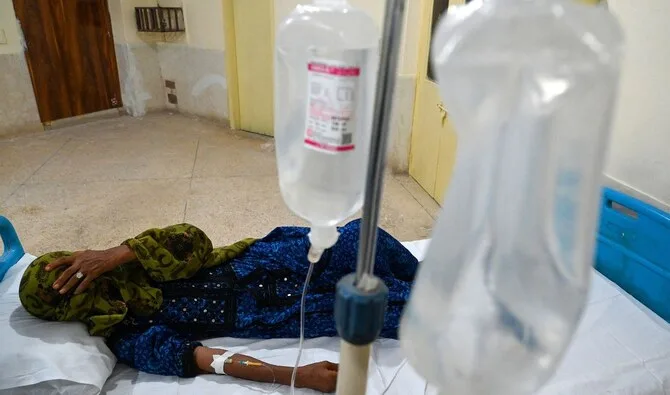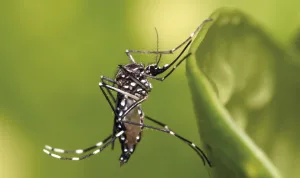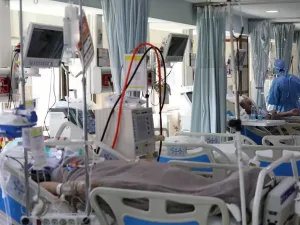Health experts in Sindh have raised concerns over a significant surge in chikungunya and diphtheria infections this year, urging immediate preventive actions and government interventions to safeguard public health. In 2024 alone, at least 34 people have died due to diphtheria in the province, a highly contagious disease that can lead to severe breathing and swallowing difficulties.
According to official data, 184 suspected cases of diphtheria were reported between January and September 2024, marking a rise from 155 cases during the same period last year. Karachi saw 82 suspected cases, a slight decrease from 125 in 2023, while other divisions in Sindh reported a dramatic increase, with 102 cases compared to just 30 the previous year. Experts believe the death toll, reported at 34, is significantly undercounted.
“Karachi has experienced localized outbreaks of diphtheria this year and last year, with clusters of cases in certain areas,” shared Dr. Fatima Mir, a pediatrician at Aga Khan Hospital. She noted that Pakistan’s first diphtheria outbreak was in 2013, and sporadic cases have been reported since 2017. Even vaccinated children remain at risk during outbreaks.
Senior health journalist Waqar Bhatti described the surge as alarming, stating that over 100 children have died from diphtheria in Karachi this year, contrary to official reports. He attributed the rise in cases to failures in routine immunization efforts, as diphtheria is largely preventable with vaccines. The shortage of Diphtheria Anti-Toxin (DAT), essential for treating infections, has further complicated the situation, with hospitals such as the Sindh Infectious Diseases Hospital struggling to handle the influx of cases.
Chikungunya Cases on the Rise
In addition to diphtheria, cases of chikungunya, another mosquito-borne disease, have surged in Karachi. Poor sanitation, stagnant water, and inadequate mosquito control efforts are believed to be major contributors to the rise. From May to September, 894 suspected cases of chikungunya were reported, with 164 confirmed cases out of 761 tested.
While not life-threatening, chikungunya cases have seen a significant rise since 2018, particularly in Malir, one of Karachi’s seven districts. Dr. Muhammad Inam Khan, Associate Professor at the Jinnah Postgraduate Medical Center, warned that the disease could spread to other parts of Pakistan if not contained through immediate fumigation efforts.
Similarly, Dr. Muhammad Omer Sultan from Dow University of Health Sciences reported a steep rise in chikungunya cases in hospitals. “We used to see five cases a day, but now, on average, 40 patients with chikungunya symptoms are being treated daily,” he said, urging people to take measures to protect themselves from mosquito bites.
Government Response Needed
The surge in both chikungunya and diphtheria cases has prompted calls for urgent government action to control the outbreaks. Health experts emphasize the need for increased immunization efforts, public awareness campaigns, and comprehensive mosquito control programs across the province.
ChikungunyaOutbreak #DiphtheriaCrisis #HealthEmergency #SindhHealthcare #PreventMosquitoBites #VaccinationMatters #KarachiHealthCrisis #MosquitoControl




+ There are no comments
Add yours